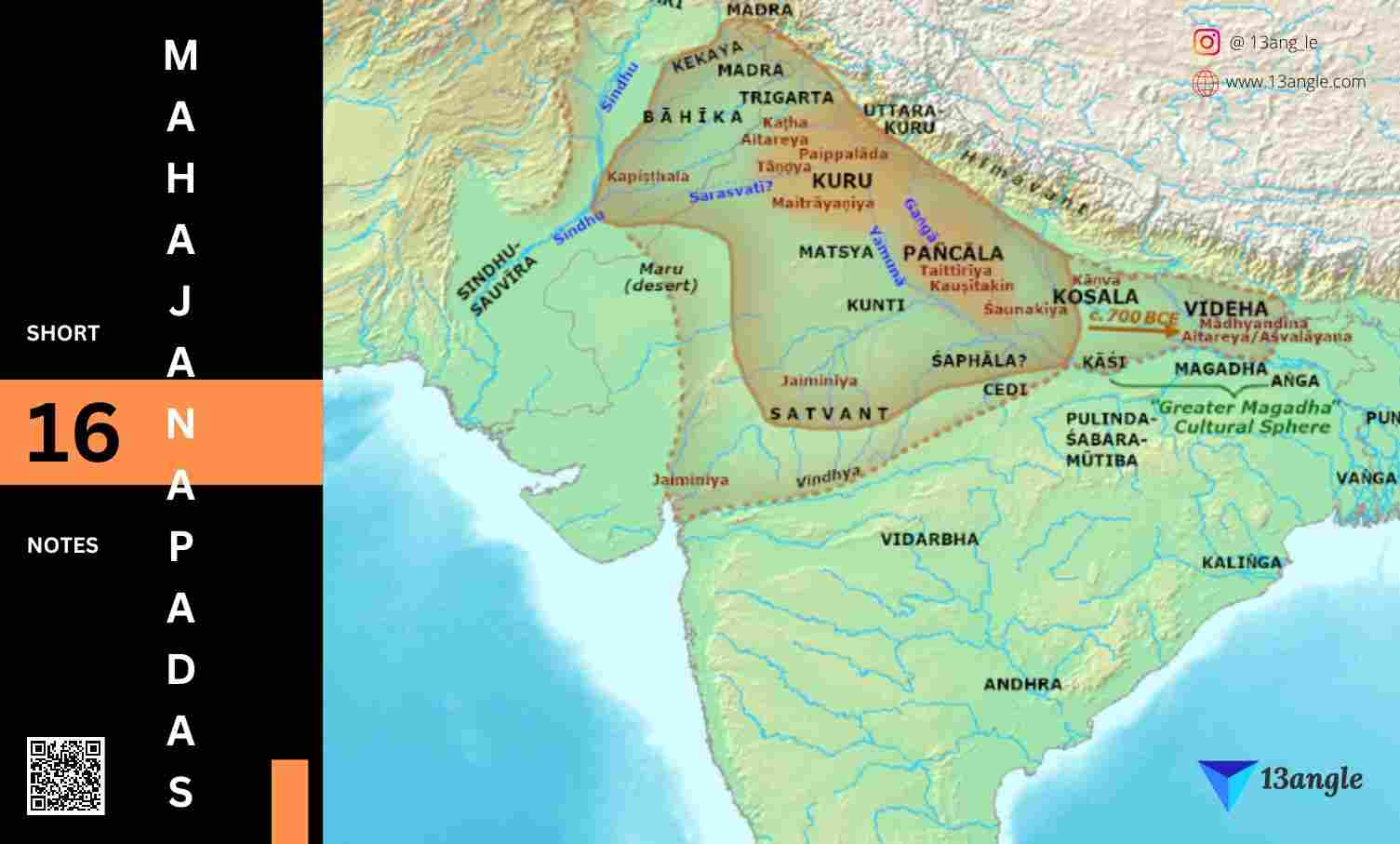The Wardha Scheme of Basic Education was an educational programme proposed by Mahatma Gandhi during the Indian National Congress session in 1937. Here are some pointwise notes on the Wardha Scheme of Basic Education:
The Wardha Scheme aimed to provide education to the masses, particularly in rural areas, and to develop a system of education that would be relevant to the needs of Indian society.
The scheme was based on the principles of Nai Talim or “basic education,” which emphasized learning by doing and the integration of intellectual and manual work.
The curriculum of the Wardha Scheme included basic skills such as reading, writing, and arithmetic, as well as vocational training in areas such as agriculture, handicrafts, and health and hygiene.
The medium of instruction was the mother tongue of the students, and there was no place for textbooks or exams in the system.
The Wardha Scheme also emphasized the role of the community in education, and local volunteers and social workers were encouraged to participate in the teaching process.
The scheme was implemented in several places in India, including Wardha in Maharashtra, and had a significant impact on the development of education in India.
The Wardha Scheme also played a significant role in the development of the concept of Sarvodaya or “the welfare of all,” which emphasized the need for social and economic equality and the empowerment of marginalized sections of society.
The Wardha Scheme of Basic Education inspired many educational experiments in India and had a significant influence on the development of the educational policies of independent India.
Notes On Wardha Scheme Of Basic Education (1937)
Shares:





